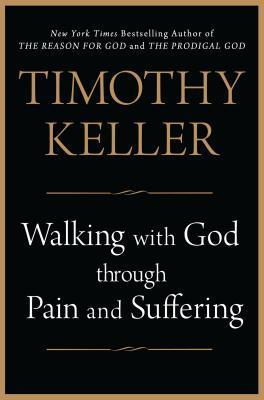Ronald Rittgers’s magisterial book The Reformation of Suffering traces how Luther and the German Reformers sought to recover a more biblical approach to suffering. They believed that the medieval church, with its assumption that patience under suffering could merit salvation, had fallen into a new, paganlike stoicism. Lutherans argued forcefully that Jesus bore all our punishment for sin. Therefore we do not need to earn Christ’s help and attention but can be assured that he is lovingly present with us in our affliction. But, Rittgers argues, the Lutheran church nevertheless seemed to follow
Ronald Rittgers’s magisterial book The Reformation of Suffering traces how Luther and the German Reformers sought to recover a more biblical approach to suffering. They believed that the medieval church, with its assumption that patience under suffering could merit salvation, had fallen into a new, paganlike stoicism. Lutherans argued forcefully that Jesus bore all our punishment for sin. Therefore we do not need to earn Christ’s help and attention but can be assured that he is lovingly present with us in our affliction. But, Rittgers argues, the Lutheran church nevertheless seemed to follow the medieval church in one respect—by ignoring the significant biblical witness of “lament” as a valid response to troubles and misery. A great number of the psalms are called “Psalms of Lament.” They are poignant cries of distress and grief. Often the psalmist is complaining about the actions of others, or is even troubled by his own thoughts and actions. But some of the Psalms are expressions of frustration with God himself.344 Psalm 44:23 reads “Rouse yourself! Why do you sleep, O Lord?” and Psalm 89:49 says “Lord, where is your steadfast love of old, which by your faithfulness you swore to David?” Of course, the book of Job is filled with cries of lament, as are some of the prophetic utterances of Jeremiah. Jeremiah even likens God to a watercourse that looks permanent but runs dry. “Why is my pain unending and my wound grievous and incurable?” cries the prophet to the Lord. “You a...
...more
This highlight has been truncated due to consecutive passage length restrictions.


